As a result of the General Assembly, Fuat Tosyalı, Chairman of the Board of Tosyalı Holding, continued to serve as the Chairman of the Board of Directors of TÇÜD, while representatives of Türkiye's leading steel producers took part in the board of directors. In addition, Hasan T. Çolakoğlu from Çolakoğlu Metalurji was appointed as the Chairman of the High Advisory Council and Fatma Tuba Yazıcı from Yazıcı Demir Çelik was appointed as the Vice Chairman.
Speaking at the Ordinary General Assembly of TÇÜD, Fuat Tosyalı, Chairman of the Board, stated that the Turkish steel industry has been working to improve its capacity and technological level despite all the difficulties it has experienced in the past three years.
In 2024, Türkiye's steel production capacity reached 60 million metric tons compared to the 54 million metric tons recorded in 2021, Tosyalı stated, adding that this increase in capacity could not be adequately reflected in local production due to the lackluster global demand as well as the rapid continuation of steel imports. Despite this, the country's steel production increased by 9.4% in 2024. Pointing out that the share of imports in steel consumption has reached a very high level of 45%, Tosyalı stated that it is of great importance to put in place policy instruments that will enable Türkiye to direct its domestic demand to local production, increase its competitiveness and reduce its import dependency, as in the US and the EU.
US steel imports also have negative impacts on Türkiye
In 2024, it was reported that the EU, where Türkiye's steel exports increased by 76%, limited the quota tonnage allocated to Türkiye in some product groups. Tosyalı assesses that the reduced quota tonnage will lead to a loss of momentum in Türkiye's exports to the region. On the other hand, the new steel tariffs imposed by the US on steel imports from countries that were previously exempted from Section 232 tariffs have both opportunities and negative effects for Türkiye, he stated. Tosyalı noted that the trade wars and the EU's approaches to block trade between steel and scrap pose a risk to the sustainability of the Turkish steel industry in the coming period, and said that in order to build a strong economy in the new world order, more efficient use of capacity and production capability, focusing on R&D investments and realizing high value-added steel production should be among the priority targets of the Turkish steel industry.
The chairman of the board of TÇÜD emphasized that taking steps in line with the expectations of strategic sectors such as steel while concluding free trade agreements, maintaining the positive trend in alternative markets such as Africa, increasing market diversity and utilizing inputs such as direct reduced iron/hot briquetted iron as an alternative to scrap to maintain competitiveness in green steel production will accelerate the strengthening of the position of the steel industry. In addition, TÇÜD expects a more favorable environment for investments and consumption with the gradual decrease in interest rates in parallel with the decline in inflation as of the second half of the year.


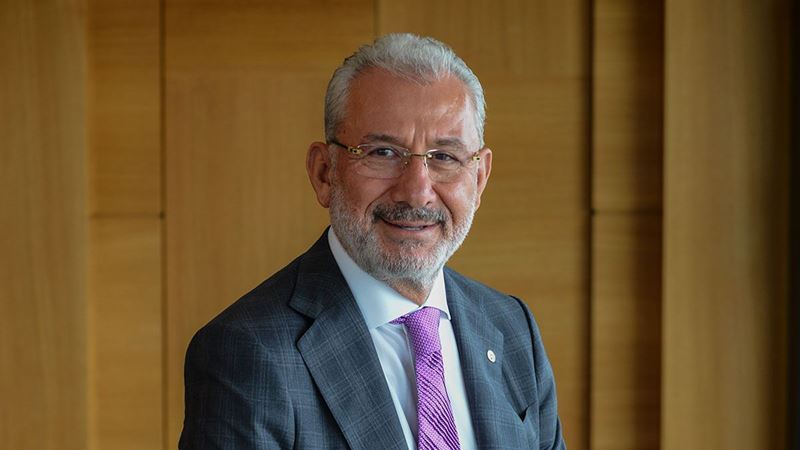
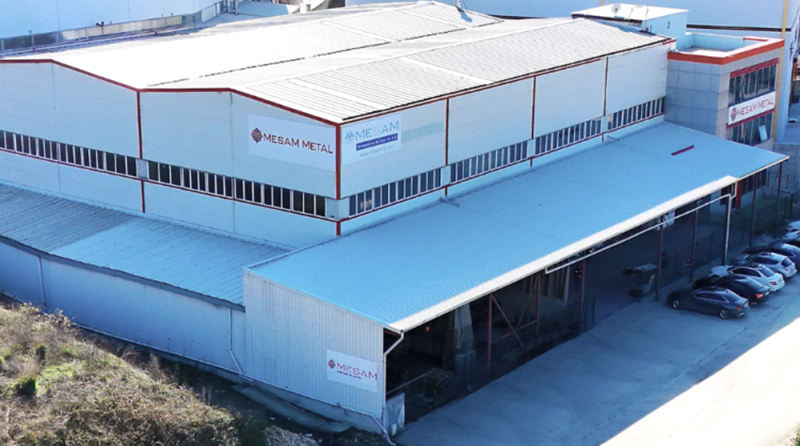
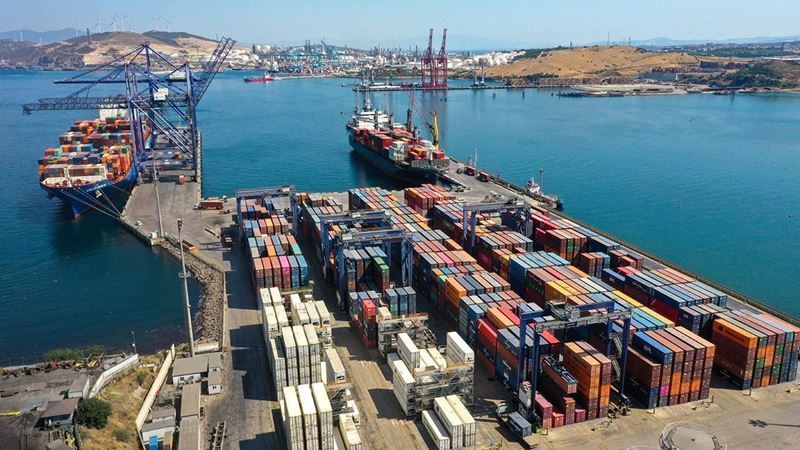
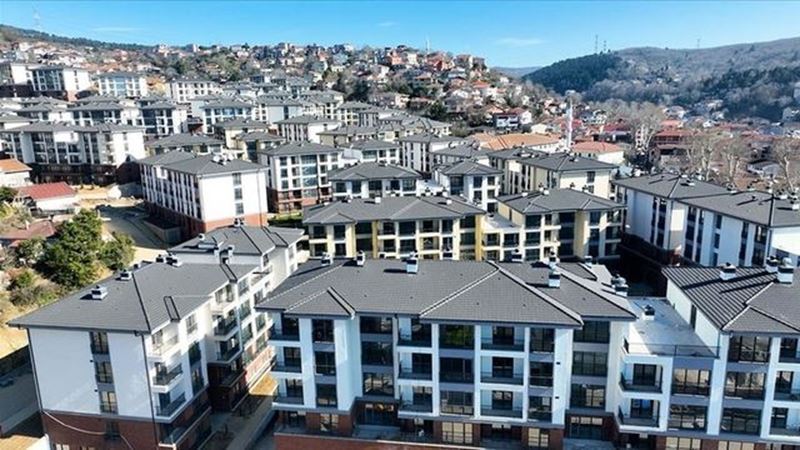
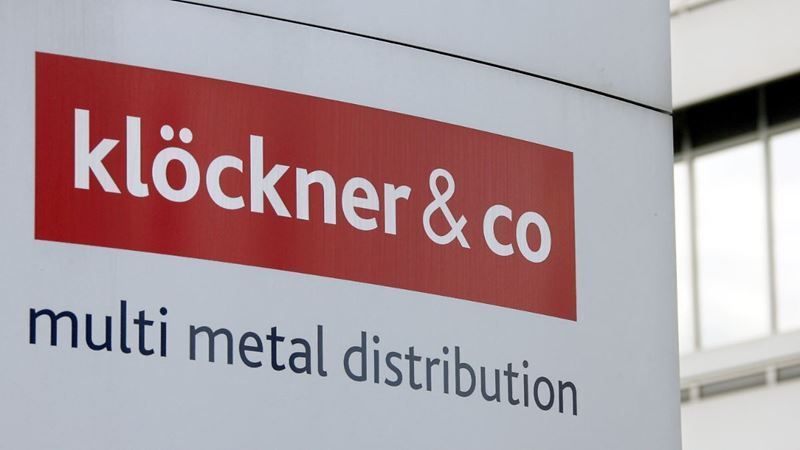



Comments
No comment yet.